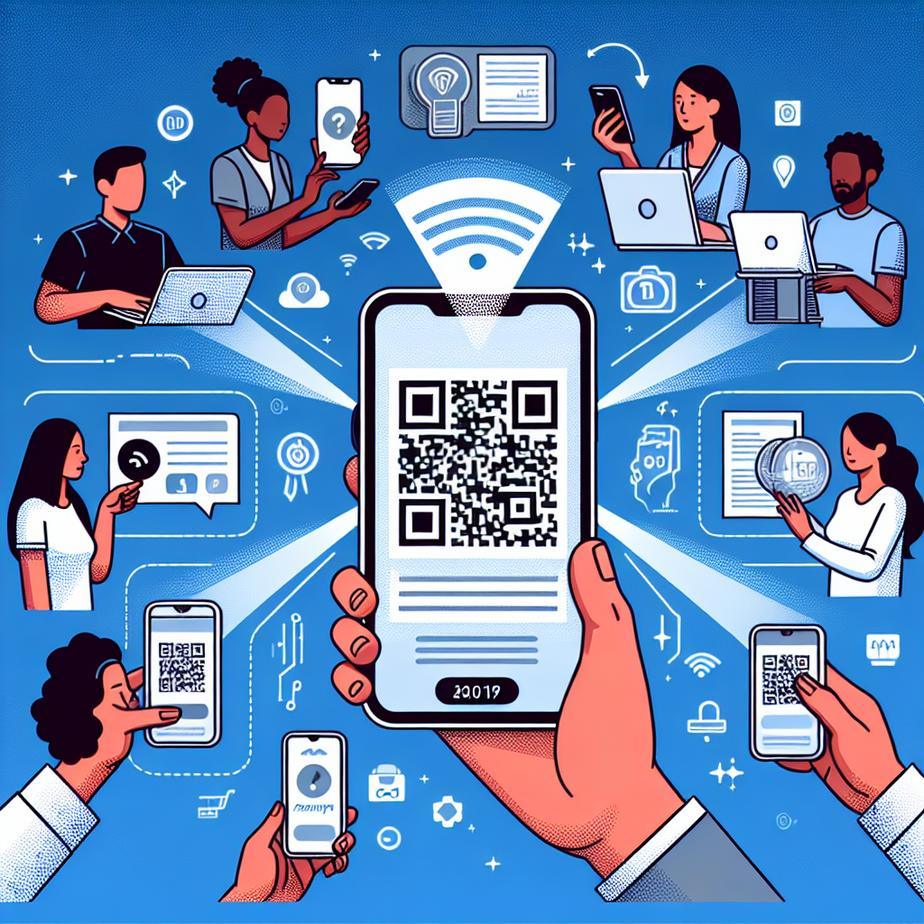

In today’s fast-paced business environment, digital transformation tools are essential for companies seeking to enhance customer engagement and operational efficiency. Among these tools, QR codes stand out as a versatile, cost-effective solution that bridges the gap between offline experiences and digital interactions. This blog post explores why QR codes have become indispensable in modern marketing strategies and overall digital transformation initiatives.
QR codes offer a frictionless way for customers and businesses to connect instantly through a simple scan using smartphones. This ease of use accelerates access to rich digital content, whether it be product information, promotional offers, or contactless payment options, eliminating tedious manual inputs and enhancing user experience. According to Site Centre’s insights on digital marketing, leveraging QR codes dramatically boosts brand engagement by making interactions instant and intuitive.
QR codes enable businesses to deliver interactive and personalized content that resonates more effectively with customers. Customized QR codes that incorporate brand colors and logos reinforce brand identity and make campaigns more memorable. This approach helps marketers create immersive experiences that go beyond traditional advertisements, turning passive impressions into active interactions.
Beyond customer-facing applications, QR codes optimize operational workflows such as inventory management, supply chain tracking, and order processing. For instance, restaurants increasingly rely on QR code ordering systems to reduce wait times and streamline service, as detailed in Sunday App’s analysis of QR codes in restaurant digital transformation. This efficiency translates into cost savings and improved customer satisfaction.
QR codes play a critical role in secure transactions and authentication processes, supporting compliance requirements in financial services and retail. Their ability to facilitate contactless payments reduces fraud risks and ensures safer consumer interactions. Moreover, QR codes generate valuable data analytics by tracking user engagement patterns, enabling businesses to refine marketing strategies and inventory decisions based on real transaction insights.
Implementing QR codes requires minimal investment, leveraging widely available smartphone technology without the need for expensive hardware upgrades. This cost efficiency makes QR codes accessible to businesses of all sizes. Additionally, QR codes contribute to sustainability efforts by reducing reliance on printed materials such as brochures, menus, and paper tickets — an increasingly important consideration in corporate social responsibility plans.
In the post-pandemic era, the relevance of QR codes has surged as contactless solutions became paramount in public health safety protocols. This shift has fueled widespread adoption across retail, events, healthcare, and more, embedding QR codes firmly into the fabric of modern digital transformation strategies.
For a comprehensive exploration of how QR codes serve as catalysts for digital transformation, the article Why QR Technology Deserves a Place in Your Digital Transformation Strategy provides detailed insights worth reviewing.
Conclusion: QR codes are far more than just convenient scanning tools; they are fundamental enablers of digital transformation that connect physical touchpoints with digital ecosystems. By adopting QR codes, businesses not only improve customer engagement and operational workflows but also unlock opportunities for data-driven decision-making while supporting sustainable practices. Integrating QR codes into your digital transformation toolkit is no longer optional — it’s a strategic imperative for thriving in a modern business landscape.